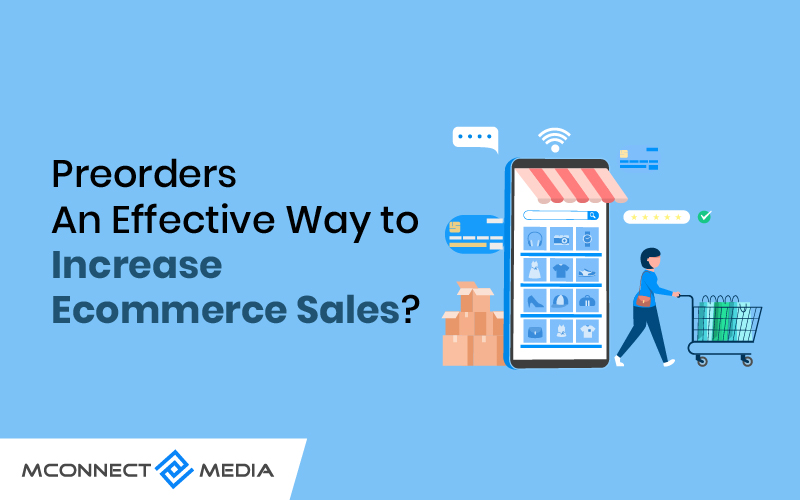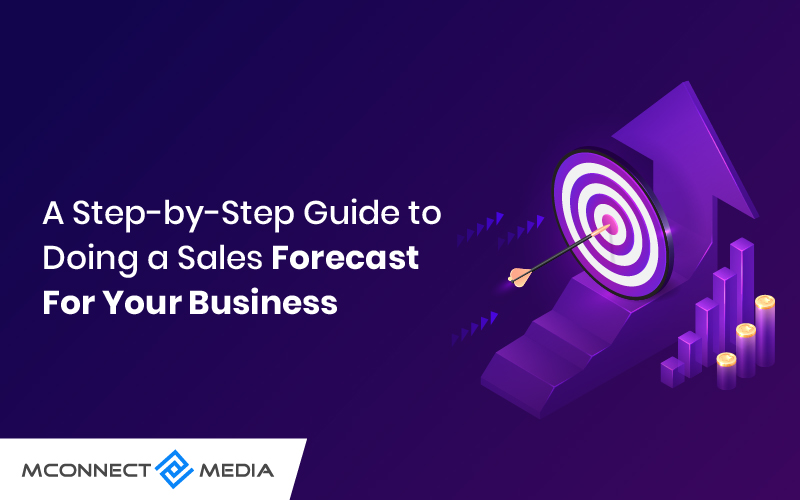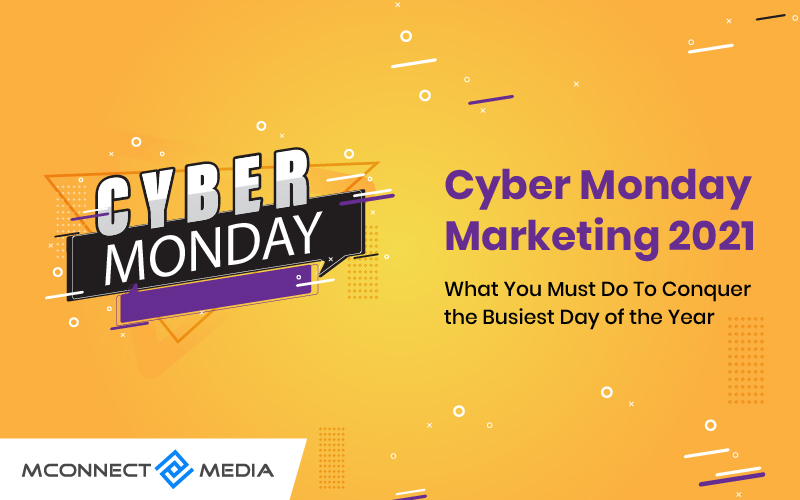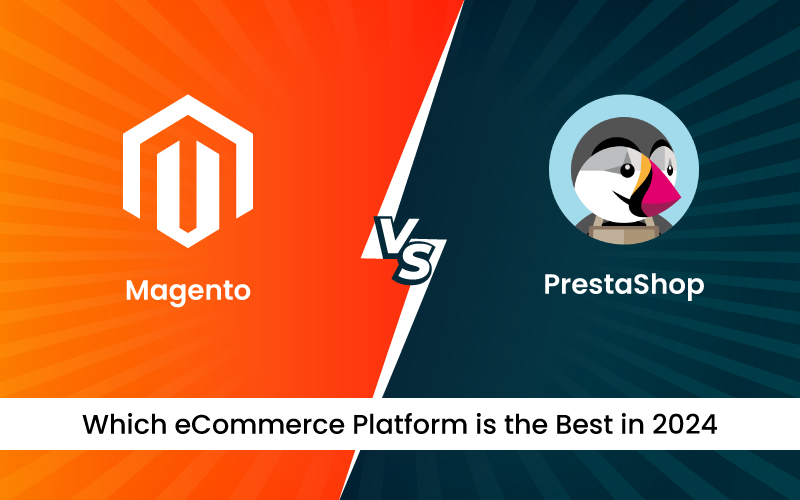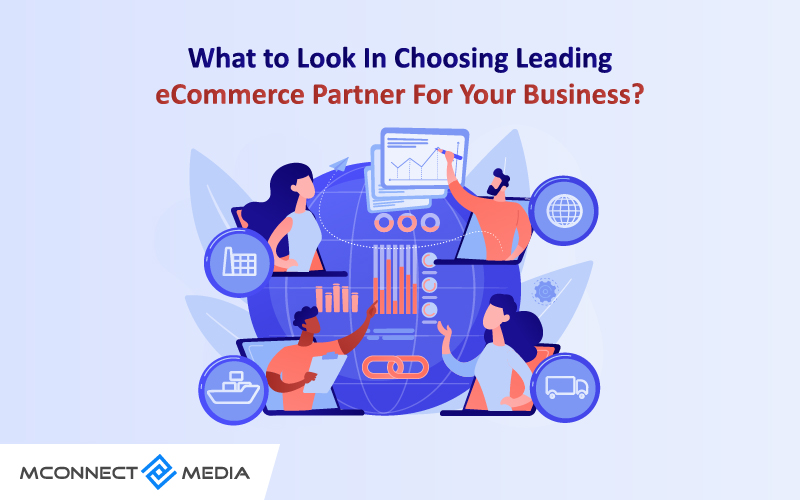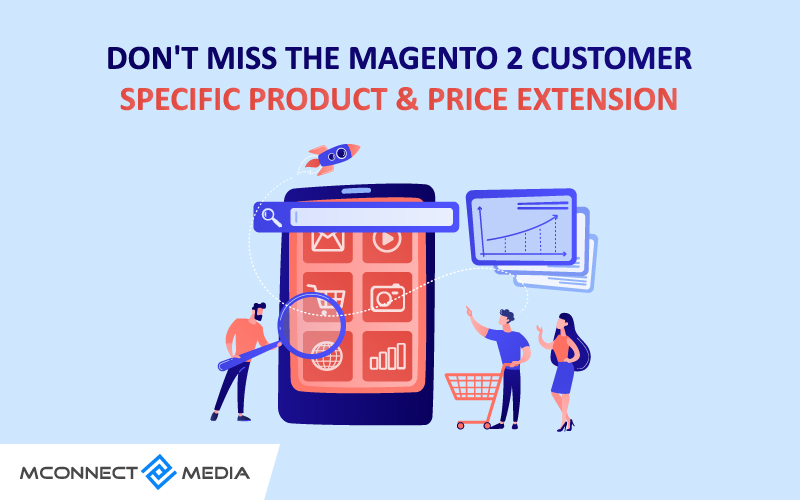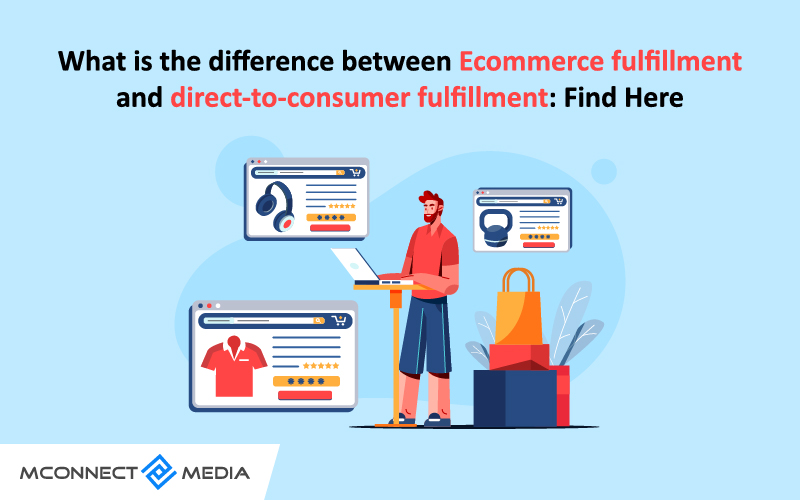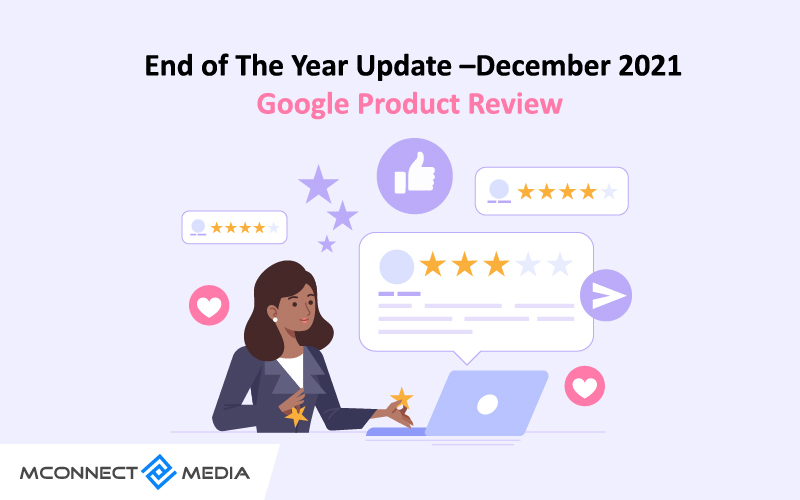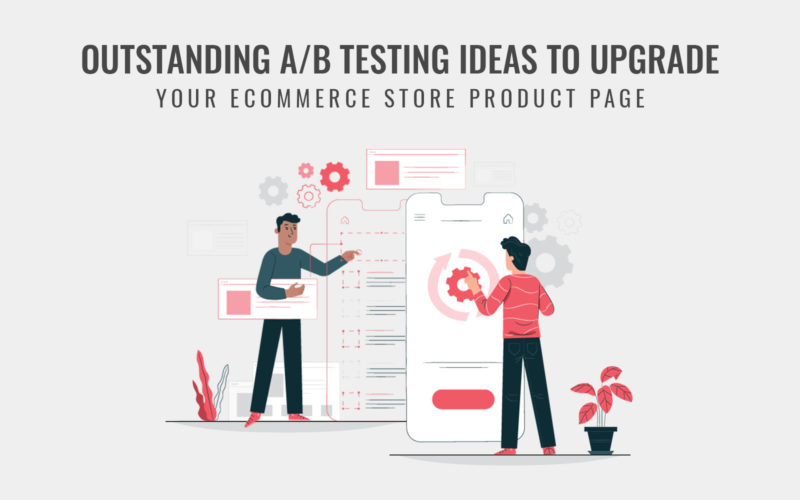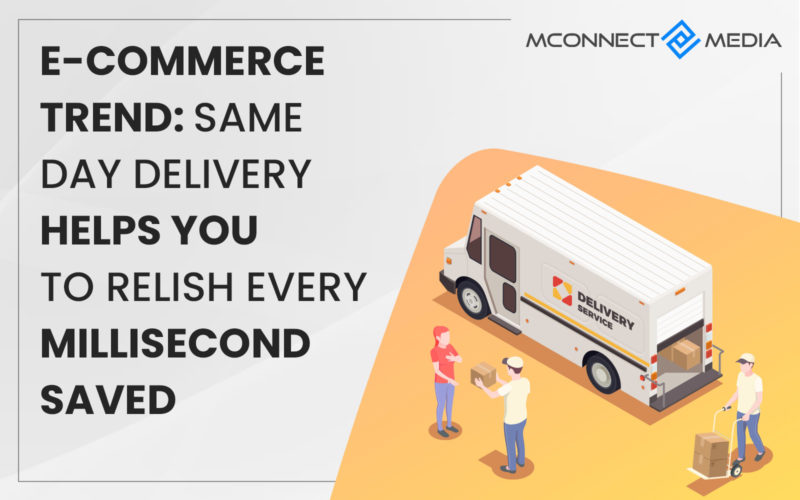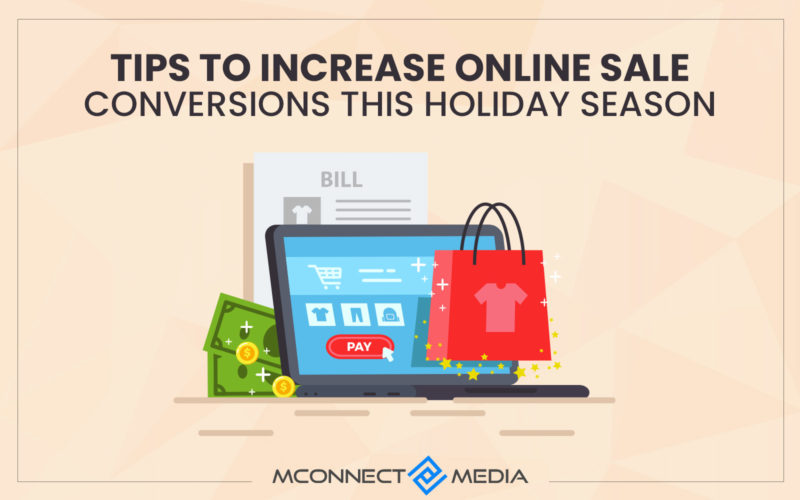A preorder allows your customers to buy your product before it is officially available for purchase. Customers are usually notified when a product has gone live by filling out an online form with their contact information. Also, you can use their email address to send them product updates, or show them other items that you are selling.
Does preordering even make sense? Aren’t you more likely to surprise everyone if you drop your product unexpectedly?
It might seem like a good idea at first glance, but in reality, unless you generate some buzz around your product, people will not be able to see it. Currently, pre-order campaigns are pretty much the only viable option since the internet is so crowded and people want to buy and sell everything.
The anticipation of a new product release is heightened when preorders are placed. Signing up for updates, sharing it with friends, and telling their friends about it will help generate more interest in the item. In this guide, we explain all of the other reasons to encourage preorders. Let’s discuss ways to use preorders to supercharge your ecommerce sales.
In the realm of online conversions, pre-orders are among the myriad of techniques available as a marketing campaign devoid of nuance. Nonetheless, they are a highly effective tactic for generating early buzz in order to stimulate demand for new products.
What is a Pre-order?
By definition, pre-ordering is the act of ordering something before it has been released. A product could be in the process of development or may even be in the process of manufacture and packaging, but not yet in your store.
The method can generate cash flow and prevent excess inventory, and it can also be used to gauge a product’s performance immediately after launch. A good strategy for marketing is to create buzz before a product is released and to create hype to accompany the product.
How to Create a Preorder Form?
An important first step in marketing is to identify your target audience. Preorder forms are the first thing a potential customer sees: after all, they’re the first thing customers see during the customer onboarding process.
Pre-order pages aren’t the only thing that contributes to customer interest in your products. Post-purchase emails and product landing pages are also important, but pre-order pages are paramount in capturing customers’ attention and getting them to take action.
Your lead time can be analyzed very effectively, and this is perhaps the most important aspect. Lead time, however, is what? In a nutshell, a lead life cycle is the time between when a lead is created and when it is closed.
1. Make available the sign-up form
Be sure to give your customers specific instructions. How can they help? What is the best place to sign up? Be sure to lay out your page in a clear, concise, and understandable manner. Use accessible fonts and a pleasing color scheme.
2. On-going Communication
Ensure you obtain the customer’s contact information so you may reach out to them. It is imperative that they receive information about your product launch in order to be informed.
3. Convenience
Accessibility is one of the most important components. Be sure the customer understands what is expected from them and that everything is clear to them. Business owners often have difficulty understanding preorder forms. We don’t need to follow those people.
4. Put yourself in the shoes of the customer
When designing the preorder process, consider all the steps the customer goes through. Do customers expect to be confronted with an “out of stock” page after completing their preorders? Can we handle a situation where there is a mistake and some of the pre-ordered items are not available? Would the customers be able to contact someone if they had a question or complaint?
Everything must be taken into account. You can connect with your customers in many different ways, even if they do not directly affect preorders. Because of this, each must be dealt with differently.
By updating inventory reports regularly, for example, it is possible to avoid the above situation. For a business to run smoothly, customer service is fundamental, not just for complaints about preorders.
You can benefit from the countless ways your customers might travel by taking advantage of this information.
5. Build Reputation
Following through with what you promise to your customers is the next step in building trust. By not fulfilling the promise you have already made, you will hurt your customers, who will lose trust in your business.
When you promise to keep your customers up-to-date about your product, or offer them new products or services, make sure you keep that promise. Taking advantage of preorders can be an effective strategy for you.
If you are interested in getting updates from them from time to time, be sure to ask them. Overly upsetting them can drive them away, so don’t do it too often.
It is possible to personalize preorders. Thanks for ordering, people feel appreciated when they receive a personal message such as this. It builds trust with your customers and helps them feel special.
No matter what method you use to build trust with your customers, remember this: it’s all about consistency. It’s important that your preorder process is the same across all your products and begins and ends at the same time. Only if special shipping methods are required or extra personal information needs to be sent to the customer should it be an exception.
Following these guidelines from start to finish will result in your preorder process becoming a tool, and not a hindrance, dramatically increasing your online sales.
6. Analysis
Having an automated preorder process will also not only provide a ton of benefits, but it will also allow you and your team to gather some really juicy metrics.
Take a moment to think about this. You can reap many other benefits from a smooth preorder process. Simply by checking what kind of people are interested in your product, you can gather statistics on customer numbers and demographics.
Your lead time can be analyzed very effectively, and this is perhaps the most important aspect. But what exactly is lead time? In a nutshell, a lead life cycle is the time between when a lead is created and when it is closed.
Being familiar with your business processes ultimately helps improve them. Consider the following example: you can give your customers more accurate lead time predictions if you collect data concerning the average customer lead time for a specific product. The cycle never ends. It is in the analytics that preorder processes equal good preordering and that good analytics equal even better preordering. That’s all there is to it.
Check out: Configuration and Settings of Mconnect Pre Order & Backorder Extension for Magento® 1
Conclusion
There you go. This is how you can use preorder forms to increase eCommerce sales. It’s all about motivating sales and discouraging abandoned carts. This article outlines a number of factors that will increase your eCommerce sales.
Are you unsure whether pre-ordering is right for your business? M-Connect Media can help you. We have a team of professional eCommerce experts who can help you implement a pre-order strategy for your eCommerce store. For more information, please contact us.


